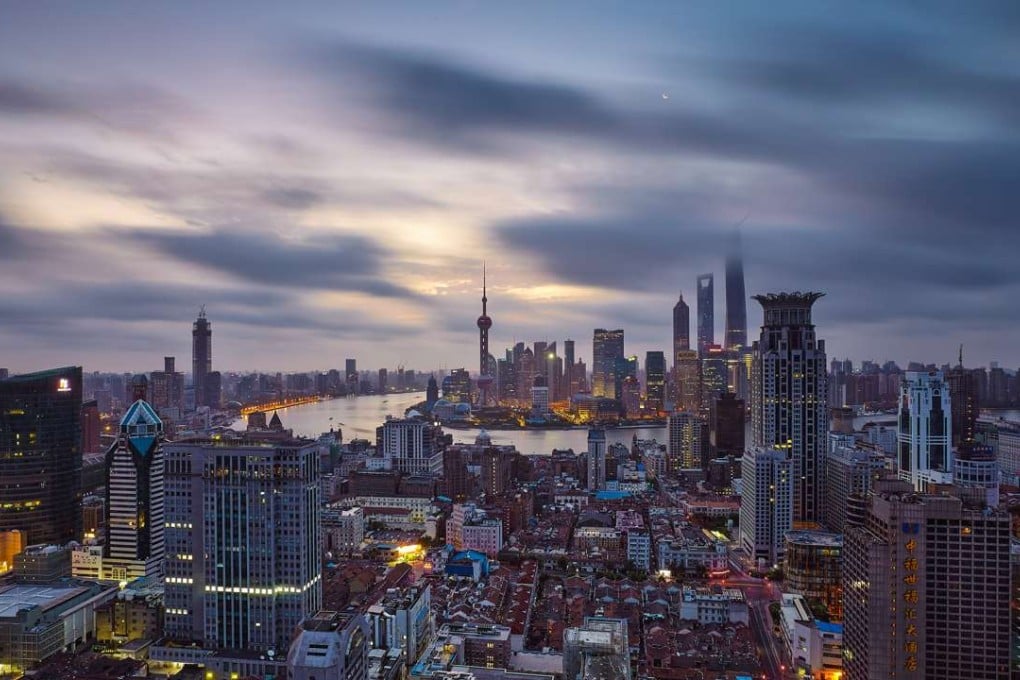Shanghai focuses on service as city’s economy switches from factory production to profitability and consumer marketing
Shanghai’s economy has evolved from faster to more sustainable growth, thanks to the boom in the city’s retail, tourism, food and beverage, and real estate sectors

Booming retail, tourism, food and beverage, and real estate sectors have enabled Shanghai to lead China’s broader economic transition from faster to more sustainable, better growth.
“The big trend is the transition from a B-to-B [business-to-business] to a B-to-C [business-to-consumer] economy is in its final, most challenging stages,” says Richard Brubaker, an adjunct professor at the China Europe International Business School (CEIBS) in Shanghai.
The service industry in Shanghai now dominates other sectors and, in the first quarter of 2016, accounted for 70 per cent of the city’s total GDP, an increase of 6.7 per cent over the previous year. This was the highest share the service industry in Shanghai has recorded yet, and is well above China’s 50.5 per cent average.
“Service providers seem to be making a home here, with many professional services and advertising agencies choosing Shanghai as their base,” says Mark Tanner, the director of the Shanghai-based consumer research firm China Skinny. “This industry has supported strong demand from multinational corporations for some time, but as more Chinese businesses can no longer rely on cheap wages and are increasing focus on productivity, in addition to marketing strategy and branding, Shanghai is well-placed to capitalise on this.”
Service providers seem to be making a home here
Tanner, whose firm analyses consumer behaviour in many cities across China, says Shanghai’s consumers are some of the most sophisticated in the country, and are particularly advanced in areas such as travel and new product adoption. “For this reason, Shanghai will remain a landing spot for many businesses with innovative products and offerings,” he adds.
